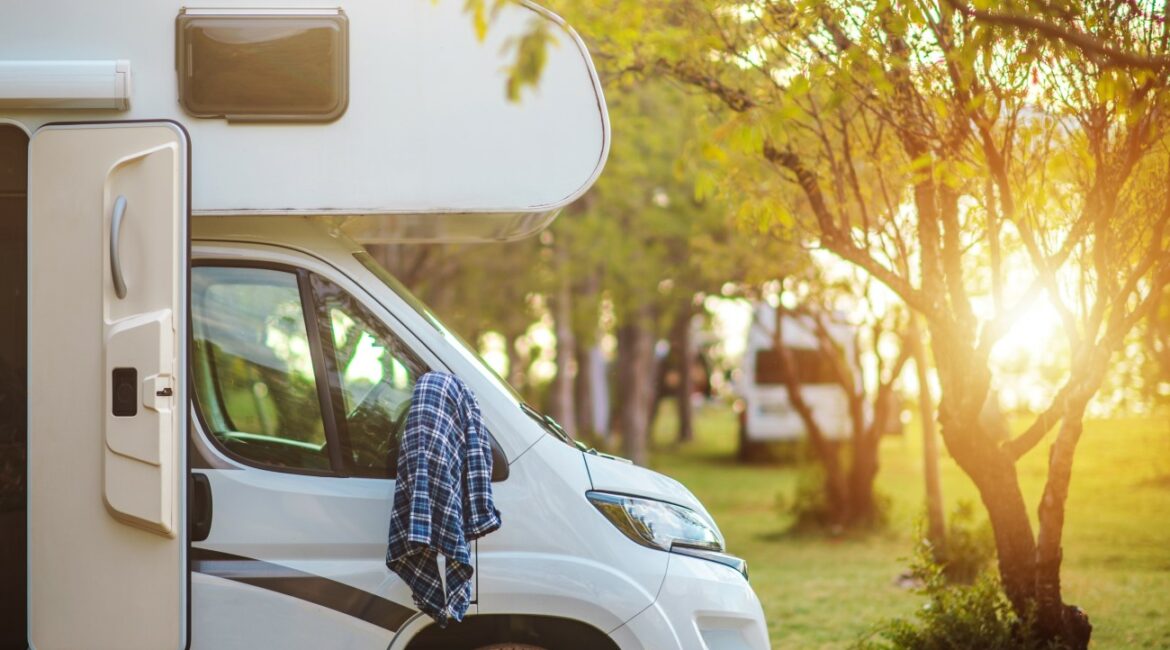RVing is not just a journey; it’s a lifestyle. It’s about hitting the open road, exploring new places, and embracing the freedom that comes with it. Hi, I’m Darren, and I’ve had my fair share of adventures on the road. In this no-nonsense guide, I’ll cut through the fluff and share the essential basics of RVing with you. So, if you’re ready to dive into the world of RVs, let’s get started.
Choosing the Right RV
Types of RVs: There are various types of RVs, from motorhomes to travel trailers and fifth wheels. Each has its advantages and disadvantages. Consider your needs, budget, and towing capacity when choosing the right one.
New vs. Used RVs: New RVs offer the latest features and warranties, but they can be pricey. Used RVs are more affordable, but be thorough in inspecting them to avoid hidden issues.
Towable vs. Motorized RVs: Towable RVs require a separate vehicle to pull them, while motorized RVs are all-in-one units. Your choice depends on your preference and the type of traveling you plan to do.
Planning Your RV Trip
Destination and Route Planning: Decide where you want to go and plan your route accordingly. Use navigation apps and maps to ensure a smooth journey. Take your time and explore off-the-beaten-path destinations.
Campground Reservations: During peak travel seasons, campgrounds can fill up quickly. Make reservations in advance to secure your spot, especially if you have a specific destination in mind.
Packing Essentials: Pack wisely, but don’t overdo it. Essentials include kitchen supplies, bedding, toiletries, tools, and outdoor gear. Don’t forget RV-specific items like leveling blocks and sewer hoses.
Setting Up and Breaking Down Camp
Leveling Your RV: Park on level ground and use leveling blocks to ensure your RV is stable. Uneven parking can lead to discomfort and appliance malfunctions.
Hooking Up Utilities: Connect to electricity, water, and sewage as needed. Understand how to operate your RV’s systems, and always carry spare hoses and connectors.
Dumping Waste Tanks: Safely empty your gray and black water tanks at designated dump stations. Practice good hygiene and use gloves when handling sewage-related tasks.
Safety and Maintenance
Safety Tips on the Road: Observe safe driving practices, avoid distractions, and be aware of your RV’s height and width. Regularly check your tires and brakes for roadworthy conditions.
Basic RV Maintenance: Learn basic RV maintenance tasks like checking for leaks, inspecting seals, and maintaining your generator. A well-maintained RV is a reliable one.
Emergency Preparedness: Have an emergency kit on board with essentials like first aid supplies, tools, and extra food and water. Know how to handle common roadside issues.
Frequently Asked Questions (FAQ)
How do I find suitable campgrounds for my RV trip? Use resources like campground directories, apps, and websites to find campgrounds that suit your preferences. Research reviews and amenities to make informed choices.
What’s the best way to save on fuel costs while RVing? Slow down! Driving at a moderate speed can significantly improve fuel efficiency. Also, consider joining a loyalty program for discounts at gas stations.
Can I live in an RV full-time? Yes, many people choose to live in their RVs full-time. Ensure you have a comfortable setup, good internet connectivity, and a reliable source of income.
RVing can be a life-changing adventure, but it’s essential to start with a solid foundation of knowledge. By following these no-nonsense basics, you’ll be well-prepared to hit the road, make memories, and embrace the RV lifestyle. So, pack your bags, rev up your engine, and let the adventure begin!
- Transform Your Health with Medford Medical Weight Loss Program - June 9, 2025
- A Chat with Nate and Mika, Christian Wedding Photographers - July 18, 2024
- Ultimate Guide To Playing Online Casinos - May 27, 2024









